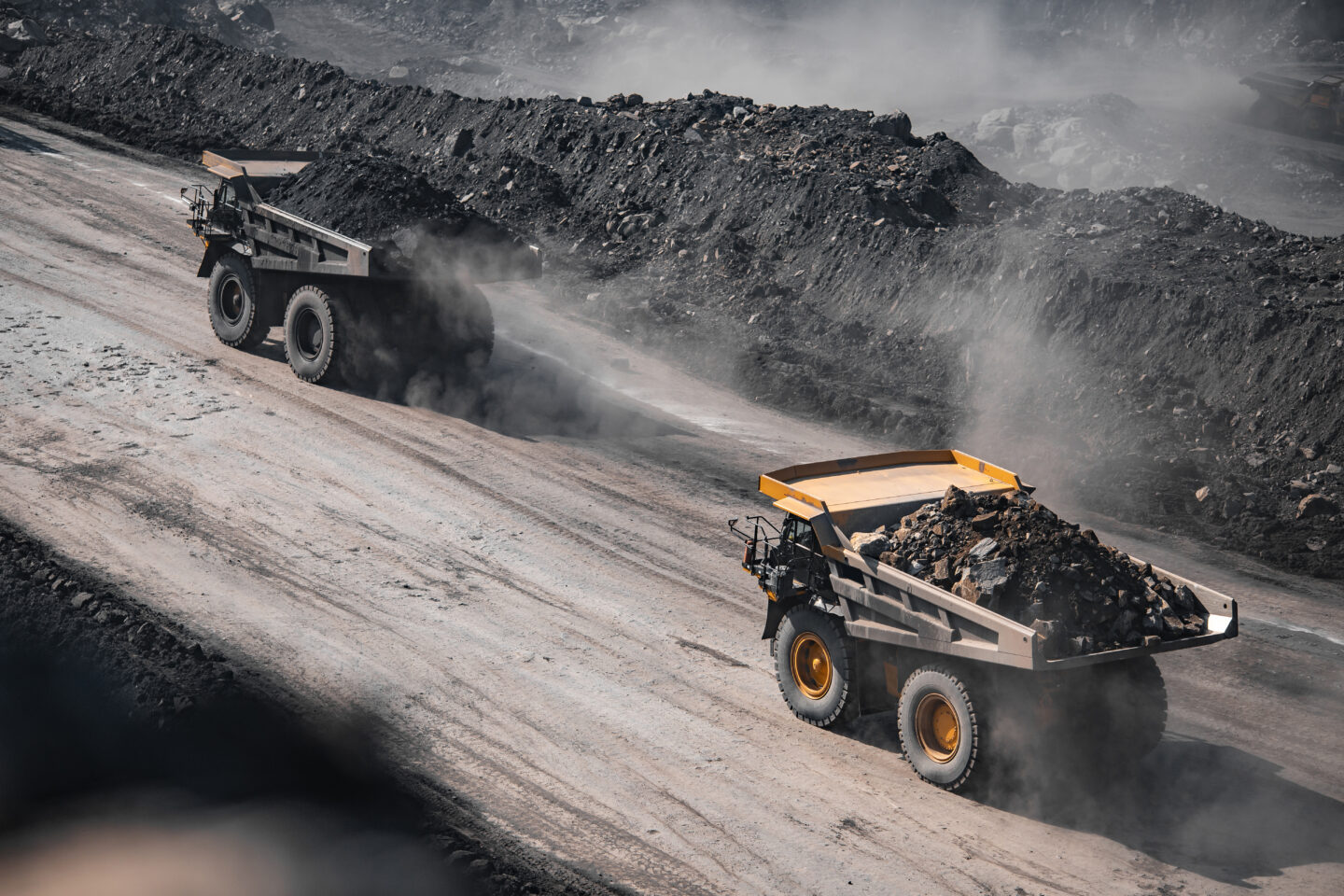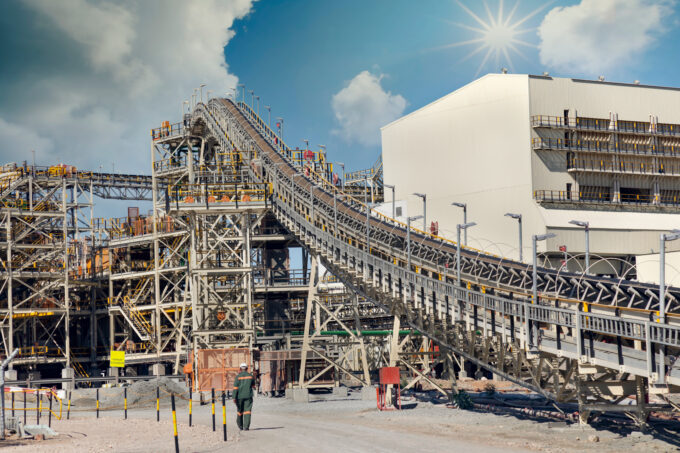In addition, mining has created or accessed geological structures that may prove useful for storing CO2, rather than releasing it into the atmosphere (carbon sequestration), a possibility that several mining companies are investigating.
Nevertheless, all these ideas will carry significant cost. Realizing them will require leadership and vision, not least from policymakers, who must demonstrate the courage to support the mining sector’s endeavors to facilitate the energy transition.
Giving a helping hand to hard-to-abate sectors will not be easy for governments under increasing social and political pressure to crack down on them. Amid concern about greenwashing on the part of both governments and corporates, sanctioning new mines or expanded capacity will inevitably prompt widespread criticism.
Policymakers must, therefore, be ready to make the argument for initiatives intended to secure the future supply chain of energy transition. They will need to be transparent, consistent and even-handed in their communications regarding such projects. Governments with a good record of acting on climate change will find this process easier to navigate than those perceived to be poor performers.
New headaches for supply chain leaders
For other organizations, there will be significant supply chain implications. Any organization that needs to secure materials such as copper, aluminum, lithium, or cobalt, for whatever purpose, will find itself facing ever stiffer competition in the market. Moreover, prices are already rising. The average price of seven metals used to manufacture offshore wind turbines, for example, rose by 93% between January 2020 and March 2023, according to data from Energy Monitor.
There is also a significant danger that organizations will find themselves caught up in geopolitical tensions. In many cases, the supply of clean-energy minerals is highly concentrated in a small handful of countries. That makes it challenging to diversify supply chains to manage risk and leaves organizations vulnerable to political interventions.
Indeed, critical minerals are already a top-of-the-agenda item in international diplomacy circles. Indonesia, for example, has sought to secure more favorable trade deals with the West by offering to sell more of its nickel, which is vital to electric vehicle manufacturing. China’s decision earlier this year to restrict exports of two rare earth minerals, gallium, and germanium, is a good example of how political tensions can quickly feed into trade disruption.






